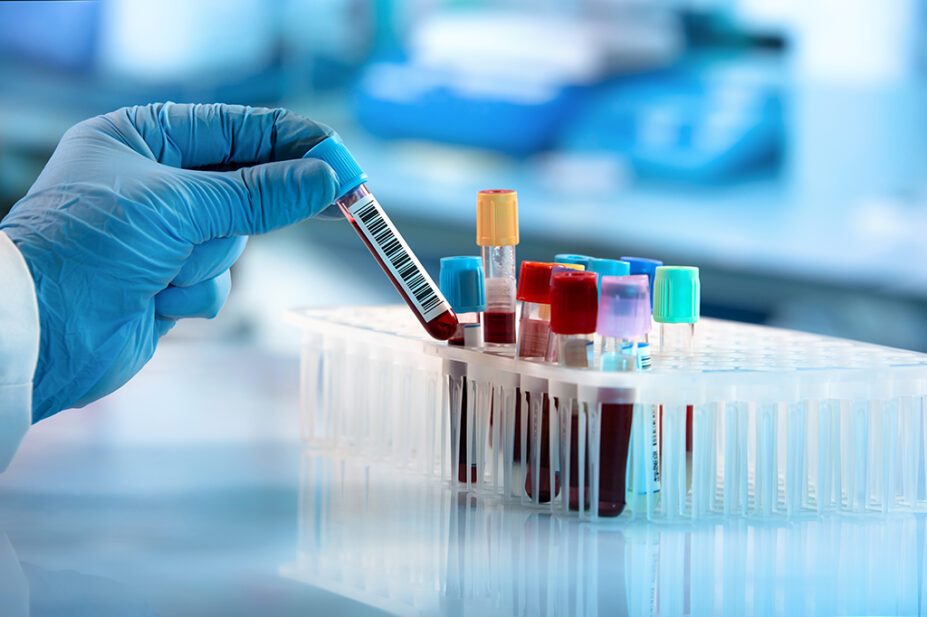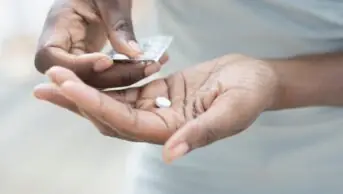
Shutterstock.com
Direct oral anticoagulants (DOACs) are to be investigated as part of the genetic biobank version of the Yellow Card adverse events reporting scheme.
The Medicines and Healthcare products Regulatory Agency (MHRA) announced on 13 February 2024 that it will work with Genomics England to analyse patient’s experiences of side effects from DOACs, using gene sequencing — which will begin in spring 2024 — with initial results expected in 2025.
The MHRA is asking patients in England who suffer excessive bleeding following the use of DOACs to submit Yellow Card reports. These patients, or those who have previously reported side effects, may then be contacted for further information and asked to provide a blood sample.
Their sample will then be added to the biobank and sequenced, with the data then de-identified and added to the National Genomic Research library, from where researchers will be able to analyse it.
The Yellow Card biobank, thought to be the first in the world, was launched in June 2023, with the aim of better understanding how genetic makeup influences the safety of medicines.
It operates alongside the MHRA’s existing Yellow Card scheme, which allows people to report suspected side effects and adverse incidents involving medicines and medical devices.
In addition to DOACs, the biobank is also looking at allopurinol, which is used to treat gout, kidney stones, and other types of kidney problems.
According to the biobank website, allopurinol has a known genetic link to severe skin reactions, including Stevens-Johnson syndrome and toxic epidermal necrolysis.
“The Yellow Card Biobank hopes to confirm existing links between allopurinol and severe skin reactions, which will help healthcare professionals make safer and more effective prescribing decisions in the future,” the website says.
The MHRA is currently recruiting participants for both the allopurinol and DOAC projects.
Commenting on the move to include DOACs in the biobank’s work, June Raine, chief executive of the MHRA, said: “We are excited to launch the second phase of the Yellow Card Biobank, which demonstrates that we are at the absolute forefront of innovation in the field of drug safety monitoring.
“Almost a third of adverse reactions to medicines could be prevented with the introduction of genetic testing.
“The Yellow Card Biobank will help us move towards our goal of personalised medicine.”
Commenting on the development, Cara Mackenzie, pharmacogenomics lead at the Royal Pharmaceutical Society, said: “As advocates for patient and medicines safety, we welcome any work towards improving understanding of the safety and effectiveness of these commonly prescribed treatments.
“Developments in genomics and personalised medicines will allow us to give patients the safest treatments possible in critical areas such as stroke prevention. This aligns with our commitment to evidence-based practice to ensure medicines are used to the best of their ability for better patient outcomes.”


